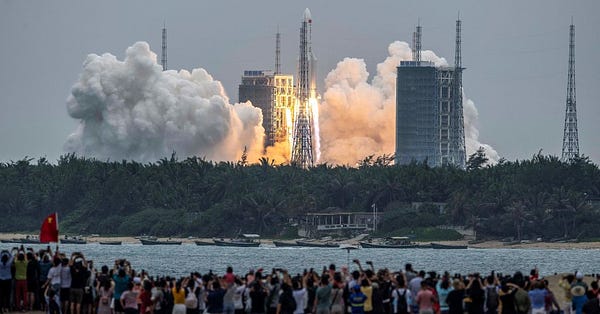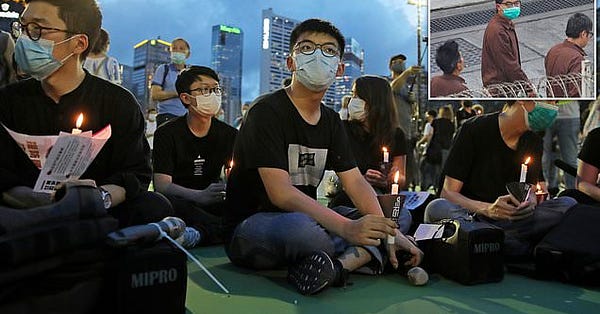Quick note: Follow us on LinkedIn!
China getting the green light to export its own COVID-19 vaccine comes at a time of increased demand for a lot of other things made there—but that doesn’t mean Beijing will cease trying to buy better press than it gets around issues like the crackdown in Hong Kong. Here’s our weekly scan of how all the biggest stories seem to fit together.
Jabbed questions remain


The first non-Western vaccine to gain emergency use approval from the World Health Organization was for Sinopharm, although questions linger about the legitimacy of the data provided by the Chinese state-owned drugmaker. Nonetheless, it’s considered a big win for vaccine diplomacy at the same time China can claim momentum in other ways:

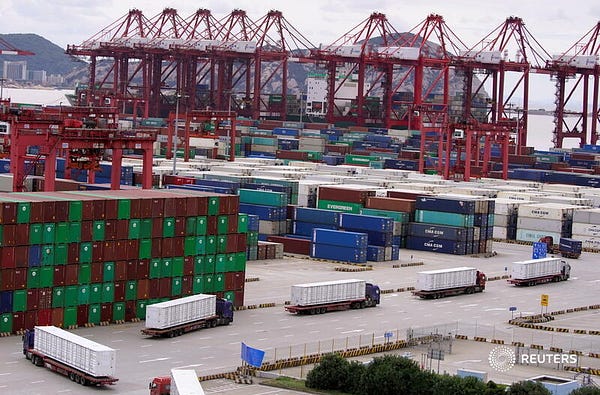
The booming news about imports and exports in China shows a country capitalizing on much of the planet having been destabilized due to COVID-19, while it got ahead of the recovery curve. But it also comes at the cost of sustainability: emissions there now exceed all of the developed world’s combined.
The truth of fake news

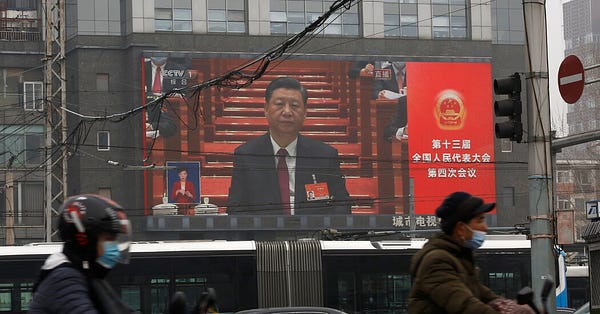
The International Federation of Journalists has looked into how Beijing developed a global media infrastructure to provide its spin on the news, as reflected in ventures like editions of China Daily included with newspapers like the Washington Post and the Wall Street Journal. At the same time, the country has been expelling foreign reporters.
Where the rocket landed
NASA was chided by Chinese state media outlet Global Times for expressing concern over debris from the rocket whose debris ultimately crashed into the Indian Ocean. But the fallout extended to Australia, where a politician posted a tweet asking which of his political and media rivals he thinks are sympathetic to Beijing it should’ve fallen on:

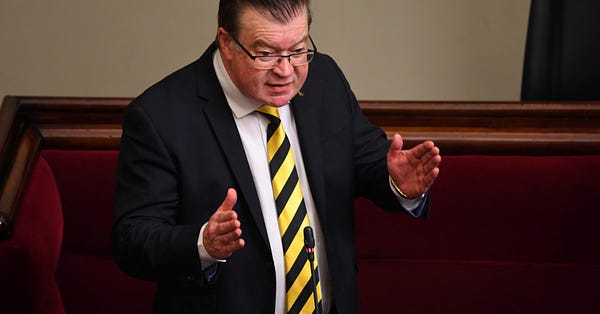
A warning for protesters
Pleading guilty to taking part in a protest last year over the 1989 Tiananmen Square crackdown meant 10 more months in prison for Hong Kong pro-democracy activist Joshua Wong. Coronavirus measures were cited as a reason to ban the commemoration last year, and concerns about the pandemic were again claimed ahead of next June 4.
The last words, for now
Chinese social media has ignited outrage about a new trend of blind boxes being offered for sale, with small cats and dogs being offered at a low price to young buyers who don’t know what pet they’re going to get until it shows up at the door. An animal rescue mission in Chengdu found 160 crates of these animals on the back of a truck:

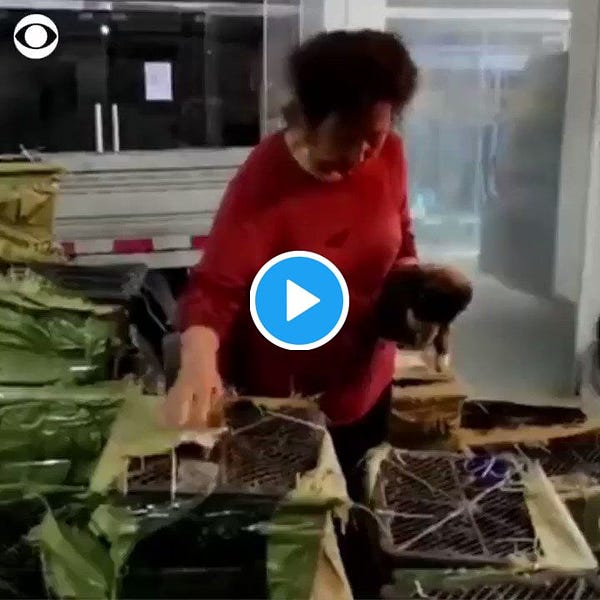
The China Letter is produced by the Canadian Freedom Institute, a think tank based in Canada. We produce the China Letter every week to keep you informed and to press the ideas of free markets and free people not only in China but around the world. Please consider donating to keep this newsletter running!





